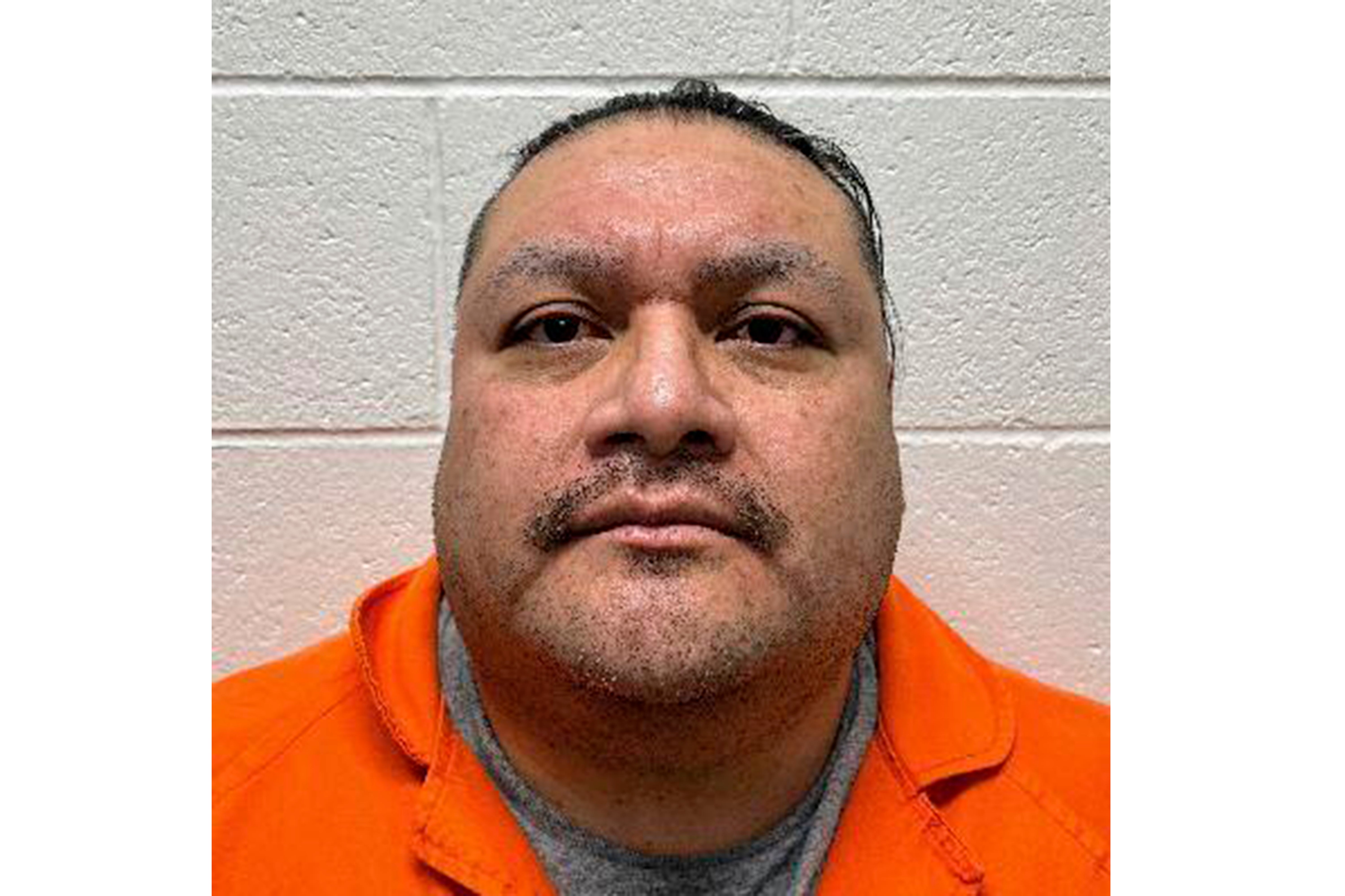Utah death row inmate who is imprisoned for 1998 murder asks parole board for mercy ahead of hearing
Utah officials are set to hear testimony about whether a man facing execution should be spared the death penalty and remain imprisoned for life

Your support helps us to tell the story
From reproductive rights to climate change to Big Tech, The Independent is on the ground when the story is developing. Whether it's investigating the financials of Elon Musk's pro-Trump PAC or producing our latest documentary, 'The A Word', which shines a light on the American women fighting for reproductive rights, we know how important it is to parse out the facts from the messaging.
At such a critical moment in US history, we need reporters on the ground. Your donation allows us to keep sending journalists to speak to both sides of the story.
The Independent is trusted by Americans across the entire political spectrum. And unlike many other quality news outlets, we choose not to lock Americans out of our reporting and analysis with paywalls. We believe quality journalism should be available to everyone, paid for by those who can afford it.
Your support makes all the difference.Utah officials are set hear testimony Monday about whether a man facing execution next month should be spared the death penalty for a 1998 murder and remain imprisoned for life.
The parole board hearing comes after state officials said Saturday that they no longer planned to use an untested combination of execution drugs that Taberon Dave Honie’s lawyers said could have caused him “excruciating pain.” They will use a different drug instead — pentobarbital.
The scheduled Aug. 8 execution would be Utah's first since Ronnie Lee Gardner was killed by firing squad in 2010, according to the state Department of Corrections.
Honie's lawyers said a traumatic and violent childhood coupled with his long-time drug abuse, a previous brain injury and extreme intoxication fueled his behavior when he broke into his girlfriend's mother's house and killed her.
They blamed poor legal advice for allowing Honie — a native of Arizona's Hopi Indian Reservation — to be sentenced by a judge instead of a jury that might have been more sympathetic and spared him the death penalty.
“Mr. Honie has always expressed genuine remorse and sadness ... from the moment he was arrested,” they wrote in a commutation petition filed last month. They added that Honie has a grown daughter and is “worthy of mercy.”
Attorneys for the state urged the board to reject the request.
They said the judge who sentenced Honie already considered his remorse, his difficult upbringing and his state of intoxication when he killed 49-year-old Claudia Benn. Honie, then 22 years old, smashed a glass door to enter Benn's house while she was home with her grandchildren then severely beat her and slashed her in the throat, in the vagina and around her anus, according to court documents.
Police arrived at the home to find him covered in blood, the documents said.
“Honie says the board should show him mercy because he has taken responsibility for killing Claudia,” the state's lawyers wrote. "The commutation petition itself is a long deflection of responsibility that never once acknowledges any of the savage acts he inflicted on Claudia or her granddaughters."
Honie was convicted in 1999 of aggravated murder.
A two-day hearing is scheduled on Honie’s request the request commutation. A decision is expected to come at a later date.
After decades of failed appeals, Honie’s execution warrant was signed last month over the objections of defense attorneys who raised concerns about the planned lethal drug combination. When Honie's attorneys filed a lawsuit over the issue, corrections officials agreed to switch to pentobarbital, which has been used previously in numerous states.
There’s been evidence that pentobarbital can also cause extreme pain, including in federal executions carried out in the last months of Donald Trump’s presidency.